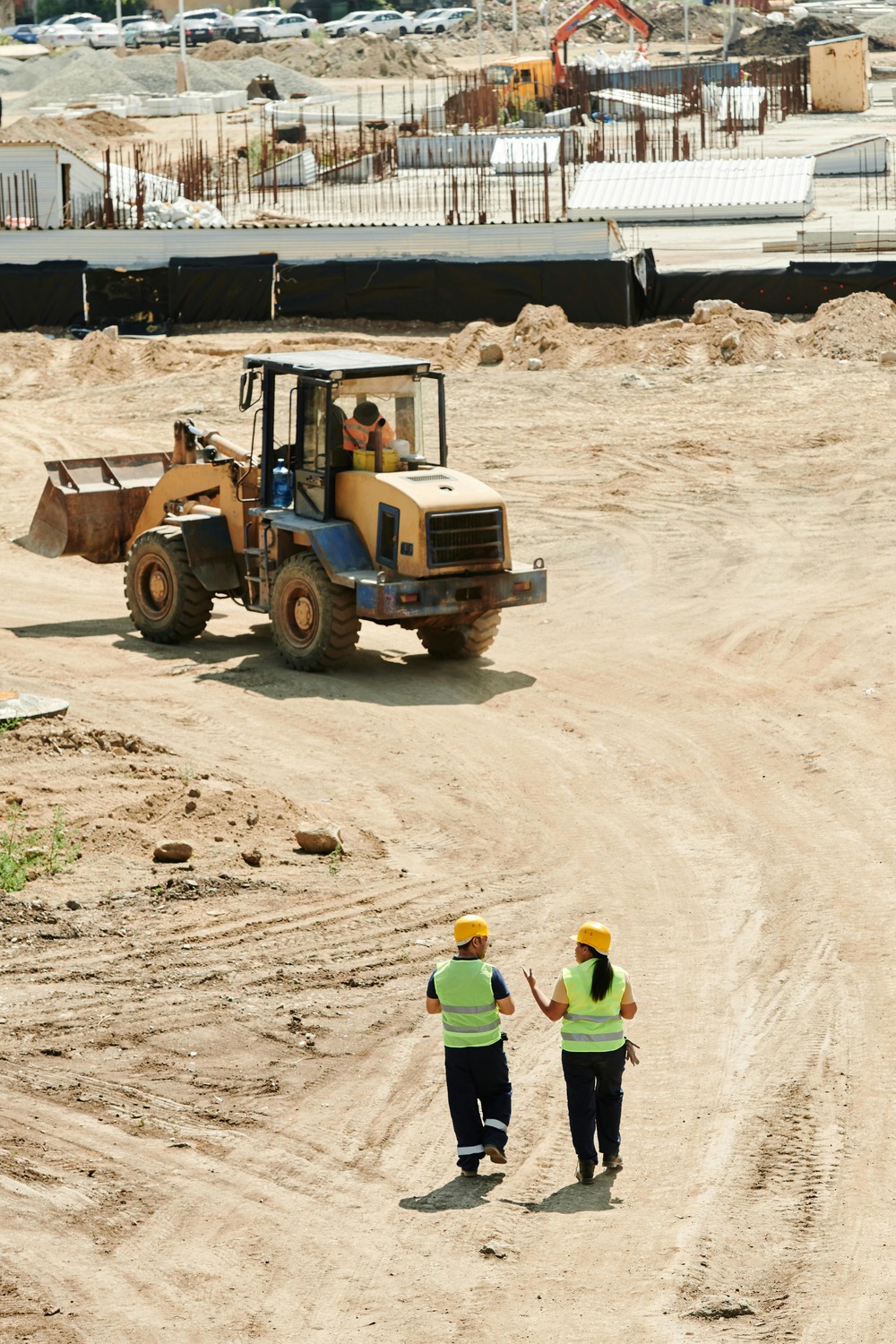
If you’re managing or working on a construction project, you know that risks are everywhere—from unforeseen weather conditions to equipment mishaps and even liability concerns. That's where the right insurance coverage comes in, ensuring that no matter what surprises pop up, you’re protected. So, what are the three types of insurance that are absolutely essential for construction projects? Let’s dive in!
1. General Liability Insurance: Protection from Third-Party Claims
General Liability Insurance is the cornerstone of coverage for any construction project. This insurance protects your business from claims related to third-party bodily injuries, property damage, and legal fees if someone is hurt or property is damaged on the construction site.
Why It’s Important
Imagine a scenario where a passerby is injured by a piece of construction debris or a neighboring property is accidentally damaged during construction. Without General Liability Insurance, your company could face steep medical bills, repair costs, and even lawsuits. This type of insurance provides financial protection for these unforeseen incidents.
|
General Liability Coverage
|
What It Protects Against
|
|
Bodily Injury
|
Medical expenses if a third party is injured
|
|
Property Damage
|
Repairs/replacement if you damage property
|
|
Legal Defense
|
Coverage for legal fees if sued
|
Without this coverage, your construction company could face significant financial losses, affecting your reputation and project continuity.
2. Builder’s Risk Insurance: Protecting the Project in Progress
Builder’s Risk Insurance is crucial for covering the project itself. This insurance protects against damage to the building, materials, and equipment on-site due to events like fire, theft, vandalism, and extreme weather. It’s typically active during the construction period, covering the value of the building under construction and materials stored on-site.
Why It’s Important
Consider a scenario where a storm damages partially built structures, or costly materials are stolen from the site. The financial impact can be devastating if you don’t have Builder’s Risk Insurance. This policy is tailored to cover these specific construction risks, ensuring you’re financially protected.
|
Builder's Risk Coverage
|
What It Protects Against
|
|
Structural Damage
|
Damage to the building structure
|
|
Materials and Equipment
|
Theft or damage of materials and equipment
|
|
Temporary Structures
|
Coverage for items like scaffolding
|
Graph Example: Cost Comparison of Structural Repairs with and without Builder’s Risk Insurance
A chart showing how Builder’s Risk Insurance mitigates repair costs can illustrate the financial advantages of this coverage.
3. Workers’ Compensation Insurance: Caring for Your Team
In construction, injuries are, unfortunately, all too common. Workers’ Compensation Insurance ensures that any employee injured on the job is covered for medical expenses, lost wages, and rehabilitation costs. Workers’ comp is not only legally required in most places but also essential for protecting both your employees and your business.
Why It’s Important
Without Workers’ Compensation, your business could face hefty medical bills and potential lawsuits if an employee is injured on the job. This insurance provides financial assistance to injured workers and protects your business from legal repercussions.
|
Workers’ Compensation Coverage
|
What It Protects Against
|
|
Medical Costs
|
Covers treatment for on-site injuries
|
|
Lost Wages
|
Provides partial income for injured workers
|
|
Rehabilitation
|
Assists with recovery and return to work
|
Consequences of Skipping Coverage
It may be tempting to cut costs by skimping on insurance, but the consequences can be severe. Here’s what can happen without adequate coverage:
- Financial Losses: If an incident occurs, the repair costs, medical bills, or legal fees could exceed your budget, potentially bankrupting smaller companies.
- Legal Troubles: Many types of construction insurance, like Workers' Compensation, are legally mandated. Operating without it can lead to fines and even suspension of your business license.
- Damaged Reputation: An uninsured incident that impacts employees or third parties can harm your company’s reputation, making it harder to win future projects.
Chart Example: Financial Impact of Incidents with and without Insurance Coverage
A bar chart comparing the out-of-pocket costs of incidents with insurance versus without can drive home the value of these policies, especially in construction where risks are high.
Make Insurance Part of Your Project Foundation
Just as you wouldn’t build a structure without a solid foundation, you shouldn’t take on a construction project without adequate insurance. General Liability, Builder’s Risk, and Workers’ Compensation insurance each play a vital role in keeping your project safe, compliant, and financially sound. Ensuring you have these coverages in place protects not only your project but your business, employees, and reputation.
Want to learn more about the right coverage for your construction business? Visit tciins.net for expert advice and tailored solutions to meet your needs. Don’t just build—build smart, and protect what matters.